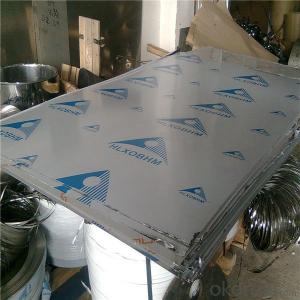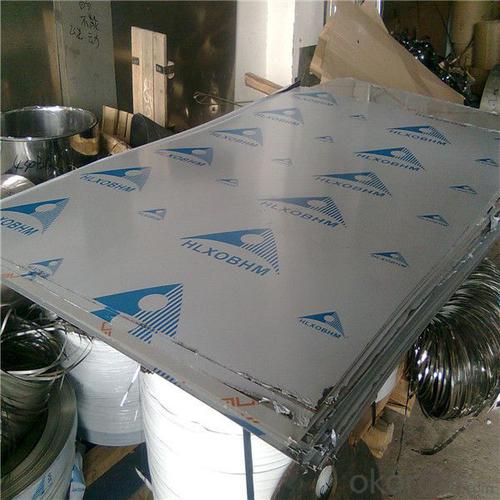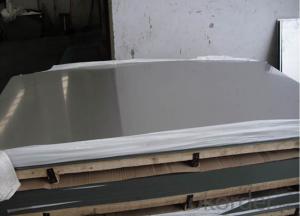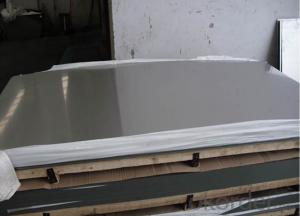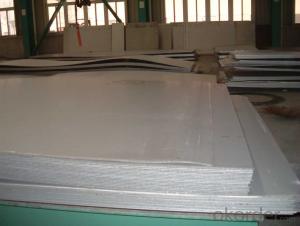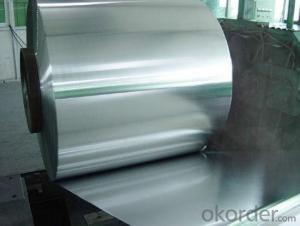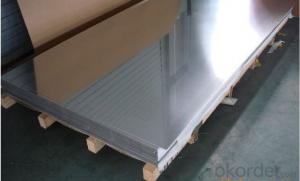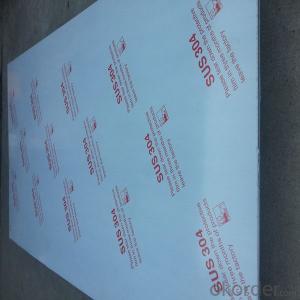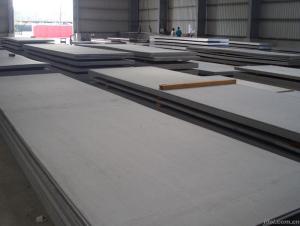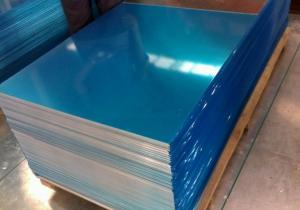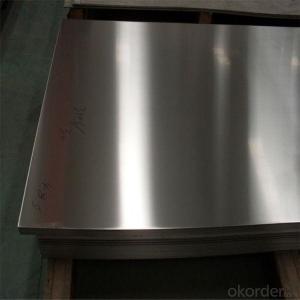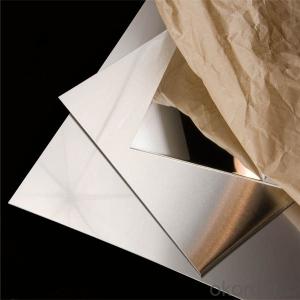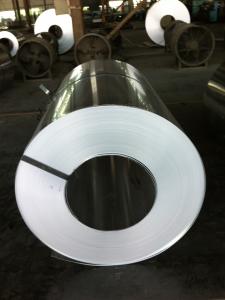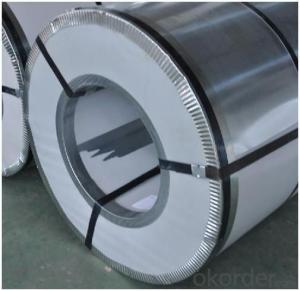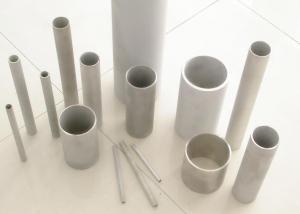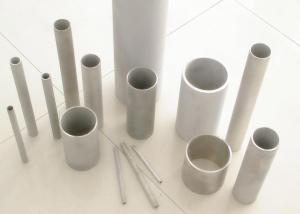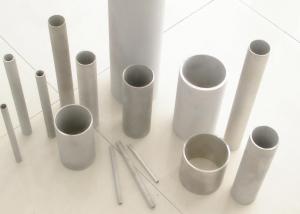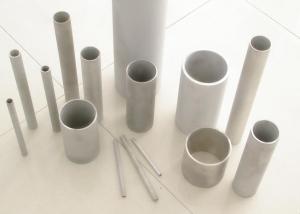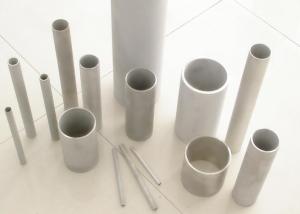AISI 310S Stainless Steel Plate/Sheet cold rolled
- Loading Port:
- Shanghai
- Payment Terms:
- TT OR LC
- Min Order Qty:
- 5 m.t.
- Supply Capability:
- 20000 m.t./month
OKorder Service Pledge
OKorder Financial Service
You Might Also Like
Specification
Specifications
AISI 310S cold rolled stainless steel plate/sheet
Material:AISI201 202 304 304L 316 316L 321 310S
Brand: Shangbai Bao Steel
Product name | AISI 310S cold rolled stainless steel plate/sheet |
Standard | GB JIS ASTM AISI DIN ect |
Material | AISI 201 202 304 304L 316 316L 321 310S |
Thickness | 1-50mm |
Width | 1000-3700mm |
Length | 5.8m 6m 12m or as customer demand |
Used area | Ship building, Engineering construction, Mechanical manufacturing. |
Package | Standard export sea-worthy packing |
Remark | We can customer made for special requirement |
Main product chemical composition
Grade | C % | Si % | Mn % | P % | S % | Cr % | Mo % | Ni % | Other % |
201 | ≤0.15 | ≤1.00 | 5.5-7.5 | ≤0.06 | ≤0.03 | 16-18 | - | 3.5-5.5 | N≤0.25 |
202 | ≤0.15 | ≤1.00 | 7.5-10.0 | ≤0.06 | ≤0.03 | 17-19 | - | 4.0-6.0 | N≤0.25 |
301 | ≤0.15 | ≤1.00 | ≤2.00 | ≤0.045 | ≤0.03 | 16-18 | - | 6.0-8.0 | - |
302 | ≤0.15 | ≤1.00 | ≤2.00 | ≤0.045 | ≤0.03 | 17-19 | - | 8-10.0 | - |
303 | ≤0.15 | ≤1.00 | ≤2.00 | ≤0.2 | ≥0.015 | 17-19 | ≤0.6 | 8.0-10.0 | - |
304 | ≤0.08 | ≤1.00 | ≤2.00 | ≤0.045 | ≤0.03 | 18-20 | - | 8-10.5 | - |
304L | ≤0.03 | ≤1.00 | ≤2.00 | ≤0.045 | ≤0.03 | 18-20 | - | 9-13 | - |
309S | ≤0.08 | ≤1.00 | ≤2.00 | ≤0.045 | ≤0.03 | 22-24 | - | 12-15 | - |
310S | ≤0.08 | ≤1.5 | ≤2.00 | ≤0.045 | ≤0.03 | 24-26 | - | 19-22 | - |
316 | ≤0.08 | ≤1.00 | ≤2.00 | ≤0.045 | ≤0.03 | 16-18 | 2-3 | 10-14 | - |
316L | ≤0.03 | ≤1.00 | ≤2.00 | ≤0.045 | ≤0.03 | 16-18 | 2-3 | 12-15 | - |
317 | ≤0.08 | ≤1.00 | ≤2.00 | ≤0.045 | ≤0.03 | 18-20 | 3-4 | 11-15 | - |
321 | ≤0.08 | ≤1.00 | ≤2.00 | ≤0.045 | ≤0.03 | 17-19 | - | 9-13 | Ti≥5×C |
430 | ≤0.12 | ≤0.75 | ≤1.00 | ≤0.04 | ≤0.03 | 16-18 | - | ≤0.6 |
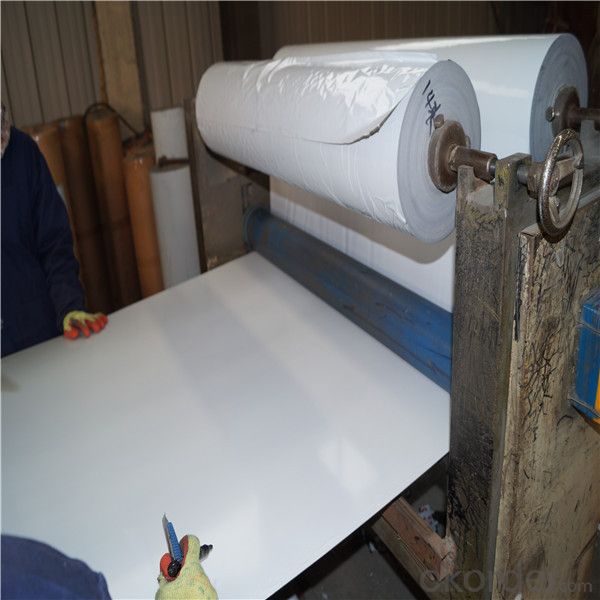
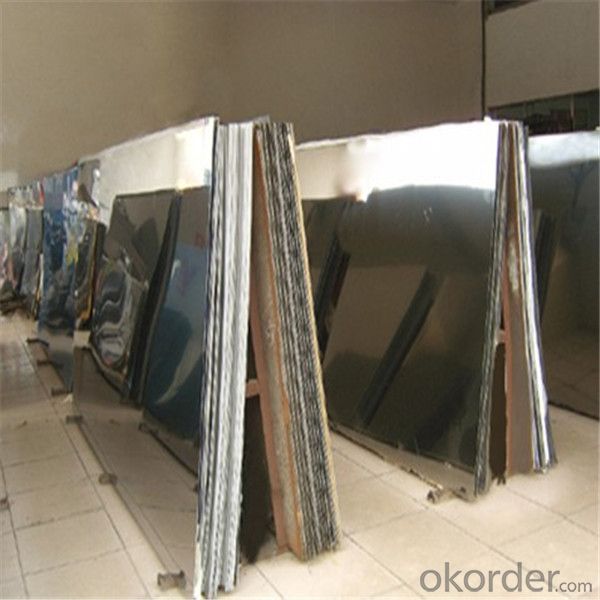
- Q: Can stainless steel sheets be recycled?
- Yes, stainless steel sheets can be recycled. Stainless steel is a highly recyclable material, and it can be melted down and reused to produce new stainless steel products. Recycling stainless steel not only conserves natural resources but also helps to reduce waste and minimize environmental impact.
- Q: Can stainless steel sheets be painted or coated?
- Yes, stainless steel sheets can be painted or coated. However, it is important to properly prepare the surface by cleaning and applying a suitable primer before painting or coating to ensure adhesion and durability of the finish.
- Q: Can stainless steel sheets be polished or brushed?
- Yes, stainless steel sheets can be both polished and brushed. Polishing stainless steel sheets involves using abrasive compounds to remove any imperfections or scratches from the surface, resulting in a smooth and reflective finish. On the other hand, brushing stainless steel sheets involves using abrasive pads or brushes to create a textured pattern or finish. This process creates a brushed appearance with fine parallel lines that can be either horizontal or vertical. Both polishing and brushing techniques can enhance the aesthetic appeal of stainless steel sheets and make them more resistant to corrosion.
- Q: How do I prevent pitting on stainless steel sheets?
- To prevent pitting on stainless steel sheets, it is important to keep them clean and dry. Avoid exposure to harsh chemicals or high chloride environments, as they can cause corrosion. Regularly inspect the sheets for any signs of damage or pitting, and promptly address any issues. Applying a protective coating or using stainless steel cleaners can also help to prevent pitting and maintain the appearance and integrity of the sheets.
- Q: How do you prevent stress corrosion cracking in stainless steel sheets?
- To prevent stress corrosion cracking in stainless steel sheets, several measures can be implemented. 1. Material selection: It is crucial to choose the appropriate grade of stainless steel that is resistant to stress corrosion cracking. Commonly used grades such as 304 and 316 have good resistance, but specialized alloys like duplex stainless steels or high nickel alloys may be required for more aggressive environments. 2. Environmental control: Controlling the environment surrounding the stainless steel sheets can help prevent stress corrosion cracking. This includes avoiding exposure to corrosive agents such as chlorides, sulfides, and acids. Additionally, maintaining proper pH levels and temperature can also minimize the risk of stress corrosion cracking. 3. Proper fabrication and handling: Stainless steel sheets should be fabricated and handled with care to prevent the introduction of stress that can lead to cracking. This includes avoiding unnecessary bending, cold working, or overloading during fabrication. Proper storage and handling techniques should also be followed to prevent surface contamination or damage that may facilitate stress corrosion cracking. 4. Surface protection: Applying protective coatings or passivation treatments can help enhance the corrosion resistance of stainless steel sheets. These treatments create a passive oxide layer on the surface that acts as a barrier against corrosive agents, reducing the risk of stress corrosion cracking. 5. Stress relief heat treatment: Stress relief heat treatment can be performed on stainless steel sheets to remove residual stresses that may have been induced during fabrication. This process involves heating the sheets to a specific temperature and holding it for a certain period, followed by slow cooling. Stress relief heat treatment helps to minimize the risk of stress corrosion cracking by reducing the internal stress levels. 6. Regular inspection and maintenance: Regular inspection of stainless steel sheets is essential to identify any signs of stress corrosion cracking at an early stage. This allows for timely repairs or replacements to prevent further damage. Additionally, proper maintenance practices such as cleaning, removing deposits, and ensuring proper drainage can contribute to the prevention of stress corrosion cracking. By following these preventive measures, the risk of stress corrosion cracking in stainless steel sheets can be significantly reduced, ensuring the durability and integrity of the material in various applications.
- Q: Are stainless steel sheets suitable for railway station platforms?
- Yes, stainless steel sheets are suitable for railway station platforms. Stainless steel is a highly durable material that can withstand heavy foot traffic and extreme weather conditions, making it an ideal choice for platforms in railway stations. It is resistant to corrosion, which is crucial in areas exposed to moisture, such as platforms where rain, snow, or spilled liquids may occur. Stainless steel sheets are also easy to clean and maintain, ensuring a hygienic and safe environment for passengers. Additionally, stainless steel has a sleek and modern appearance, adding to the aesthetic appeal of the railway station. Overall, stainless steel sheets provide the necessary strength, durability, and aesthetic qualities required for railway station platforms.
- Q: What are the different types of etched patterns available for stainless steel sheets?
- Stainless steel sheets come in a range of etched patterns, each with its own distinctive and visually appealing design. Some popular options include: 1. The Diamond Pattern: This classic and elegant design features small diamond-shaped indentations etched onto the stainless steel surface. It is commonly used in architectural applications. 2. The Checkerboard Pattern: Resembling a checkered board, this pattern adds a modern and geometric touch to stainless steel sheets. It is often utilized in interior design and decorative settings. 3. The Floral Pattern: Incorporating floral designs etched onto the stainless steel sheet, this pattern brings an element of elegance and sophistication. It is commonly seen in luxury home decor and jewelry. 4. The Geometric Pattern: Offering a contemporary and artistic look, this pattern includes various geometric shapes etched onto the stainless steel sheet. It is suitable for both modern and traditional settings. 5. The Wave Pattern: By etching wavy lines onto the stainless steel sheet, this pattern creates a sense of movement and fluidity. It is frequently employed in architectural projects for a dynamic and visually interesting effect. 6. The Textured Pattern: With various textures like brushed, hammered, or linen finishes etched onto the stainless steel sheet, this pattern adds depth and dimension to the metal. It is ideal for interior design and decorative purposes. 7. Custom Patterns: In addition to the standard options, it is also possible to create custom patterns based on specific designs or logos. This allows for personalized and unique stainless steel sheets, often used in branding or specialty projects. Overall, the wide range of etched patterns available for stainless steel sheets provides endless possibilities for design and application. Whether for architectural, decorative, or industrial purposes, there is a pattern to suit every need and aesthetic preference.
- Q: Are stainless steel sheets suitable for railway applications?
- Stainless steel sheets prove to be a fitting option for railway applications. They possess exceptional resistance to corrosion, rendering them perfect for utilization in settings constantly exposed to moisture, chemicals, and other harsh circumstances, such as railway tracks. Furthermore, these sheets exhibit notable strength and durability, essential qualities for enduring heavy loads and vibrations associated with railway operations. The material also showcases commendable heat resistance, enabling it to maintain its structural integrity even in high-temperature environments like railway brakes. Moreover, stainless steel sheets can be effortlessly molded and fabricated into diverse shapes and sizes, making them adaptable for various railway components such as cladding, paneling, and structural elements. All in all, stainless steel sheets offer a dependable and enduring solution for railway applications, ensuring the safety and performance of railway infrastructure.
- Q: What are the different types of punched finishes available for stainless steel sheets?
- There are several types of punched finishes available for stainless steel sheets, including round hole, square hole, slotted hole, and decorative patterns. Each type offers a unique aesthetic and functional purpose, allowing for customized designs and applications.
- Q: Are stainless steel plates 3.4mm or 3.5mm thick?
- The thickness of less than 1mm of any size 0.05mm times, thickness more than 1mm of any size 0.1mm times;According to standard GB/T 709-2006 hot rolled steel sheet size tolerances, the stainless steel sheet thickness is 3~400mm,
Send your message to us
AISI 310S Stainless Steel Plate/Sheet cold rolled
- Loading Port:
- Shanghai
- Payment Terms:
- TT OR LC
- Min Order Qty:
- 5 m.t.
- Supply Capability:
- 20000 m.t./month
OKorder Service Pledge
OKorder Financial Service
Similar products
Hot products
Hot Searches
Related keywords
